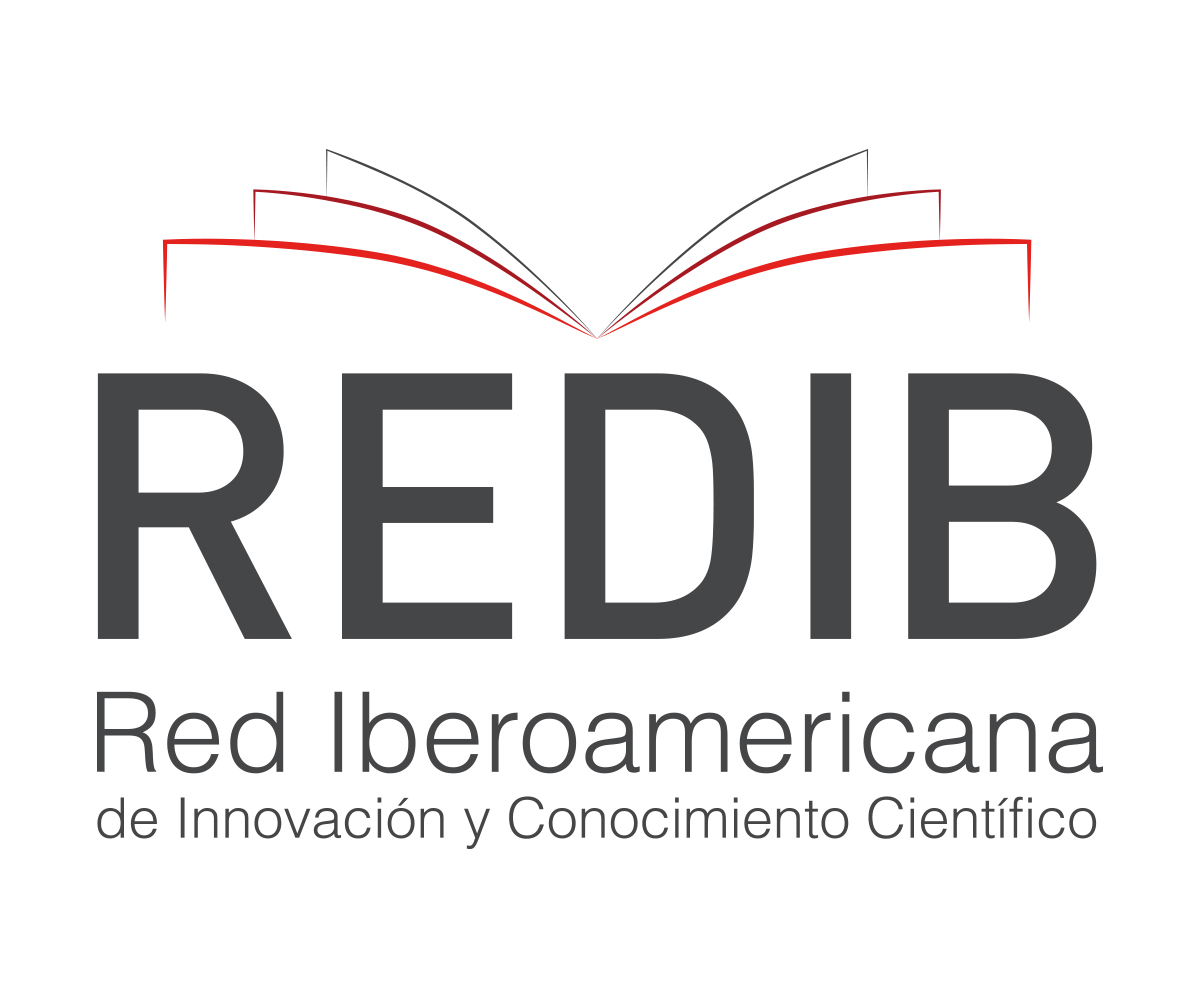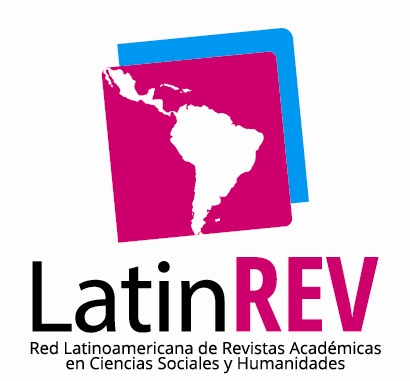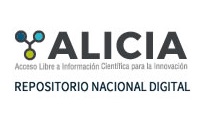Total quality management:
Critical analysis of the feigenbaum theory
DOI:
https://doi.org/10.31381/gbaj.v2i1.1454Keywords:
Administration, total quality, ISO, FeigenbaumAbstract
The purpose of this study is to compare the theory of Feigenbaum, based on the control of total quality through the supervision of the actions developed by the collaborators in the companies, and the evolution of quality, which have certification standards for products and / or services. In order to approach the study, the research of the Armand Feigenbaum Theory and the evolution of the quality in the present time was elaborated, making summaries, comparisons and contrast of information analyzing the modern thought in relation to the nominations made by the author. It was identified that some arguments and postulated were obsolete in the management of total quality in modern situations, which led to an in-depth analysis of each aspect of his theory, focusing on the differences of quality control. From the humanist approach and the process approach. According to the research carried out on Armand Feigenbaum's theory that defines quality as an effective system based on human factors, unlike what we know today, for example, ISO standards that follow continuous processes in terms of monitoring total quality controls , something that facilitates and allows a minimum margin of error in the quality of the final product or service.








